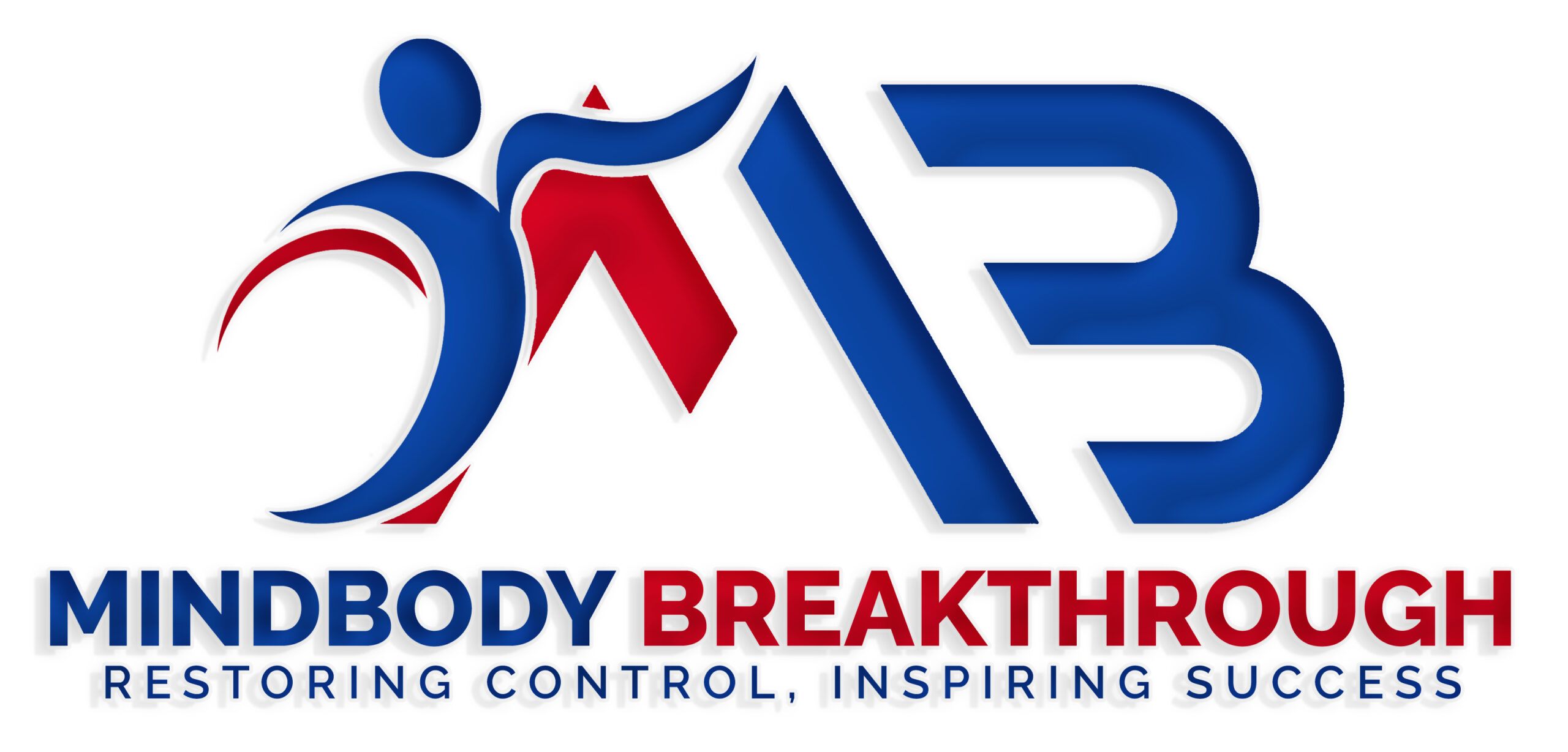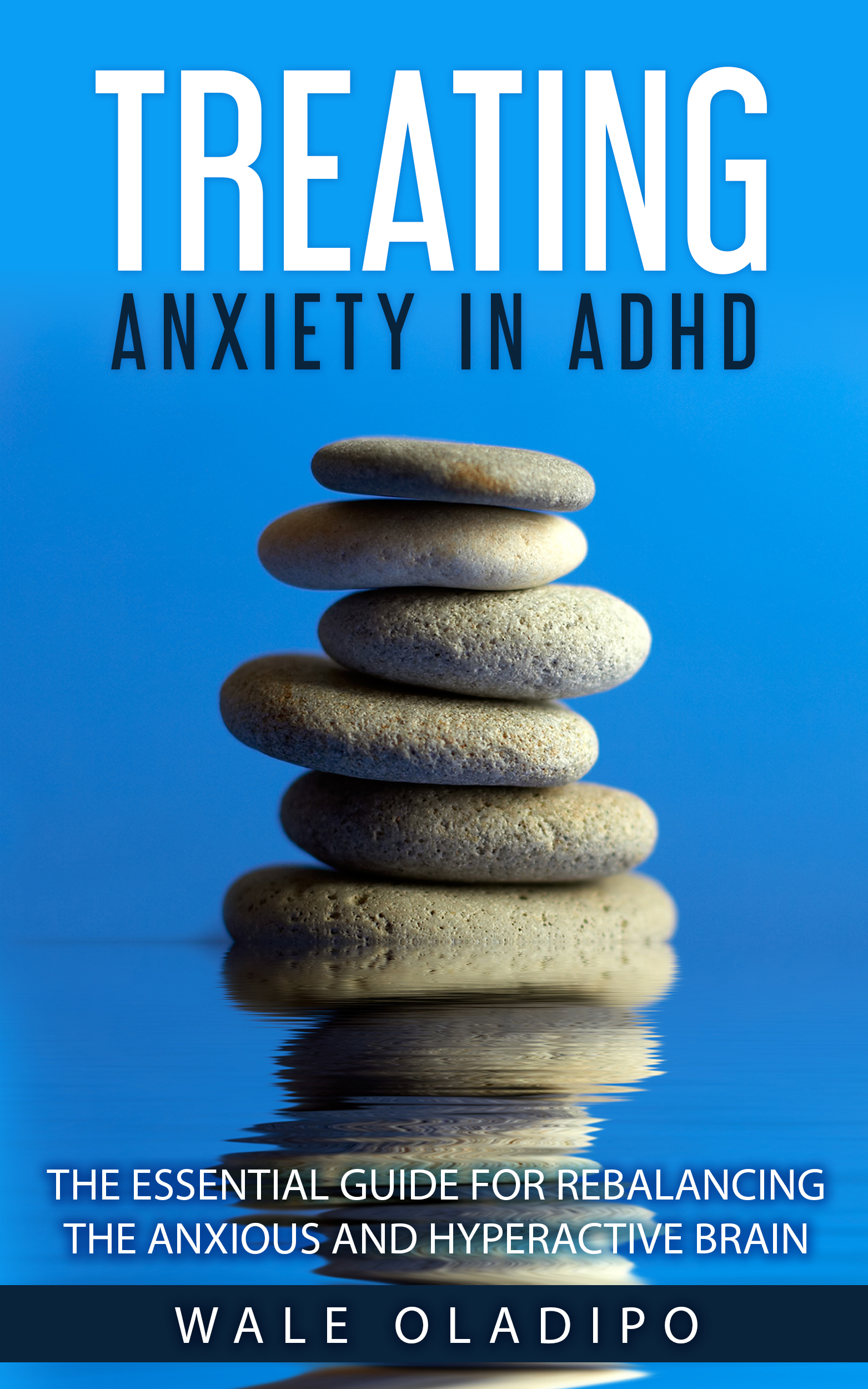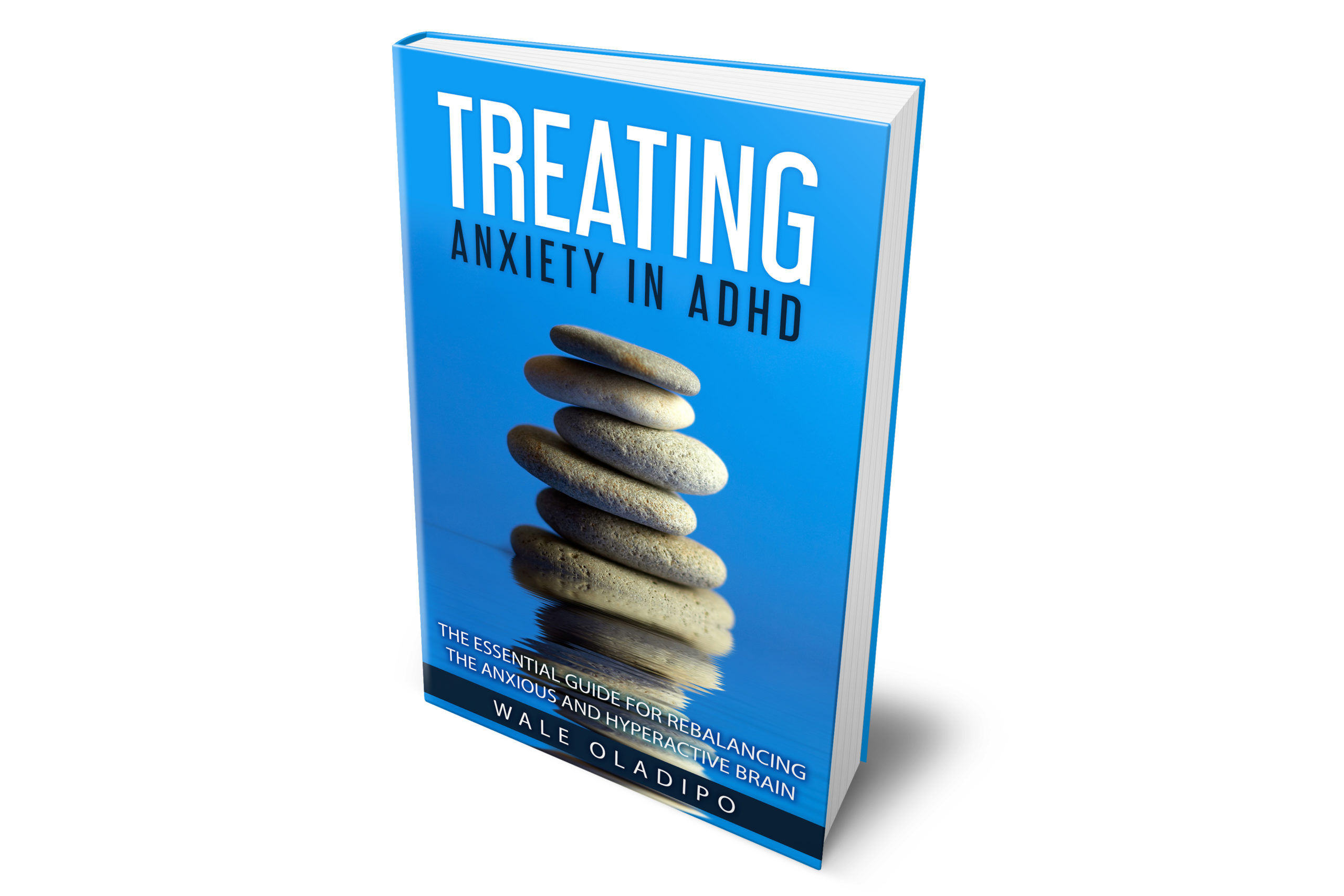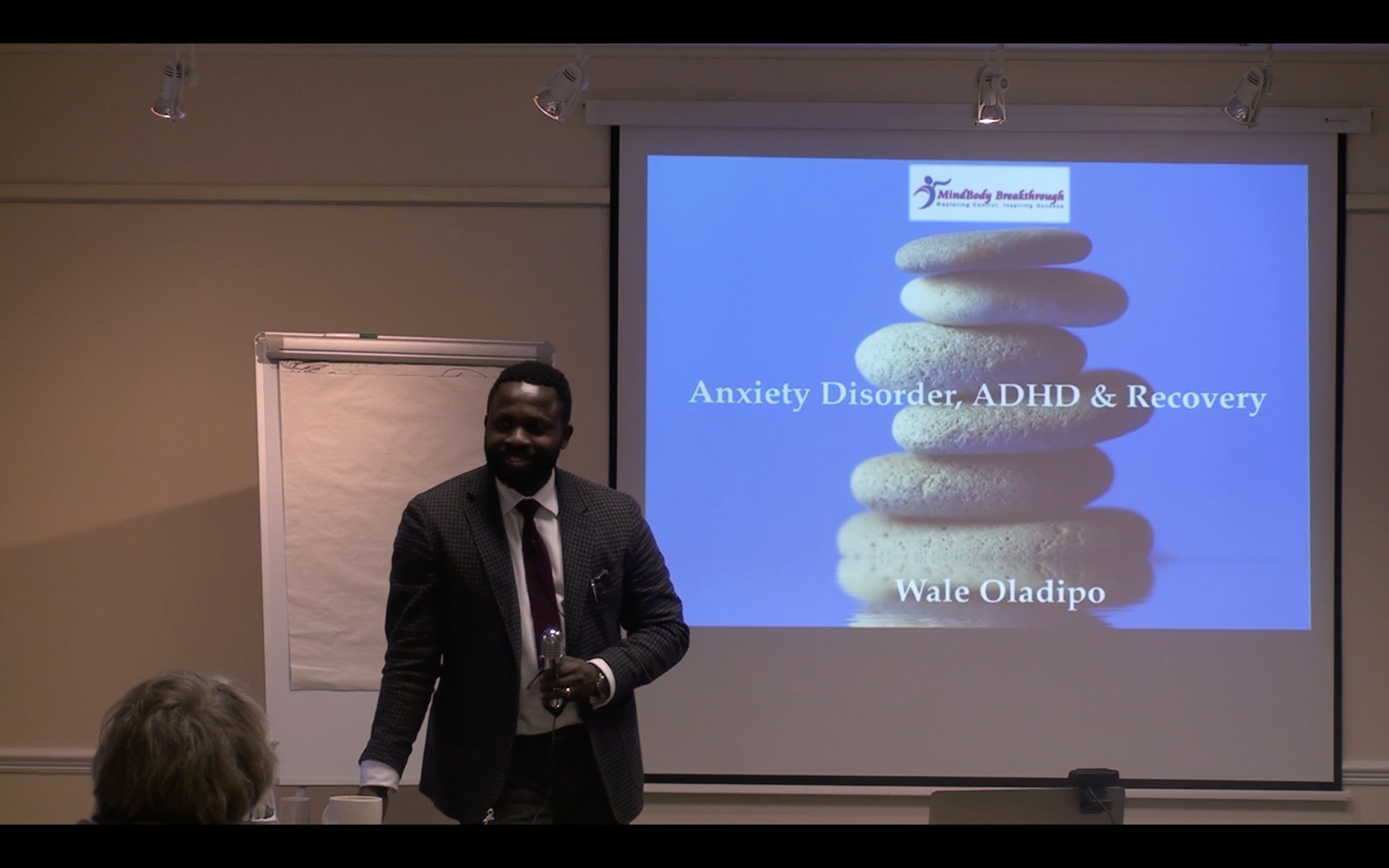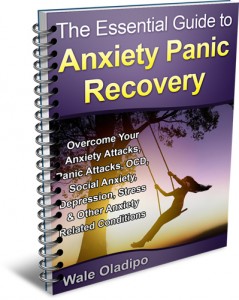The eyes are fixed on vacancy, the sounds of the world melt in to confused unity, the attention is dispersed… and the fore-ground of consciousness is filled, if by anything, by… surrender to the empty passing of time. In the dim background of our mind we know meanwhile what we ought to be doing, dressing ourselves, answering the person who has spoken to us, trying to make the next step in our reasoning. But somehow we cannot start.
—William James (1890)
Introduction
Attention deficit hyperactivity disorder (ADHD) is a medical condition that is on the increase in civilised societies today. The strain of maintaining focus and the struggle to sit still makes this condition a real challenge, not only to the person who has it, but also to parents, carers and teachers as well as employers, friends and other family members.
Anxious ADHD is a type of ADHD that has all the symptoms of the classic ADHD (inattentive, disorganised, distractible, restless, hyperactive and impulsive) in conjunction with many other symptoms of high anxiety (tension, nervousness and predicting the worst) and other physical stress symptoms such as gastrointestinal symptoms and headaches. This type of ADHD may or may not be hyperactive.
Ironically, the harder those with ADHD and anxious ADHD try to concentrate, the worst things can become. This is because as the person tries to focus, the regions of the brain involved with concentration, focus and followthrough (the prefrontal cortex and the cerebellum) actually shut down, instead of turn on.
The good news is that ADHD and its anxious symptoms can be effectively treated. Happily, effective treatment does not change the personality of the person with ADHD; it simply removes the barriers that are hindering them from accessing their unique talents and abilities.
